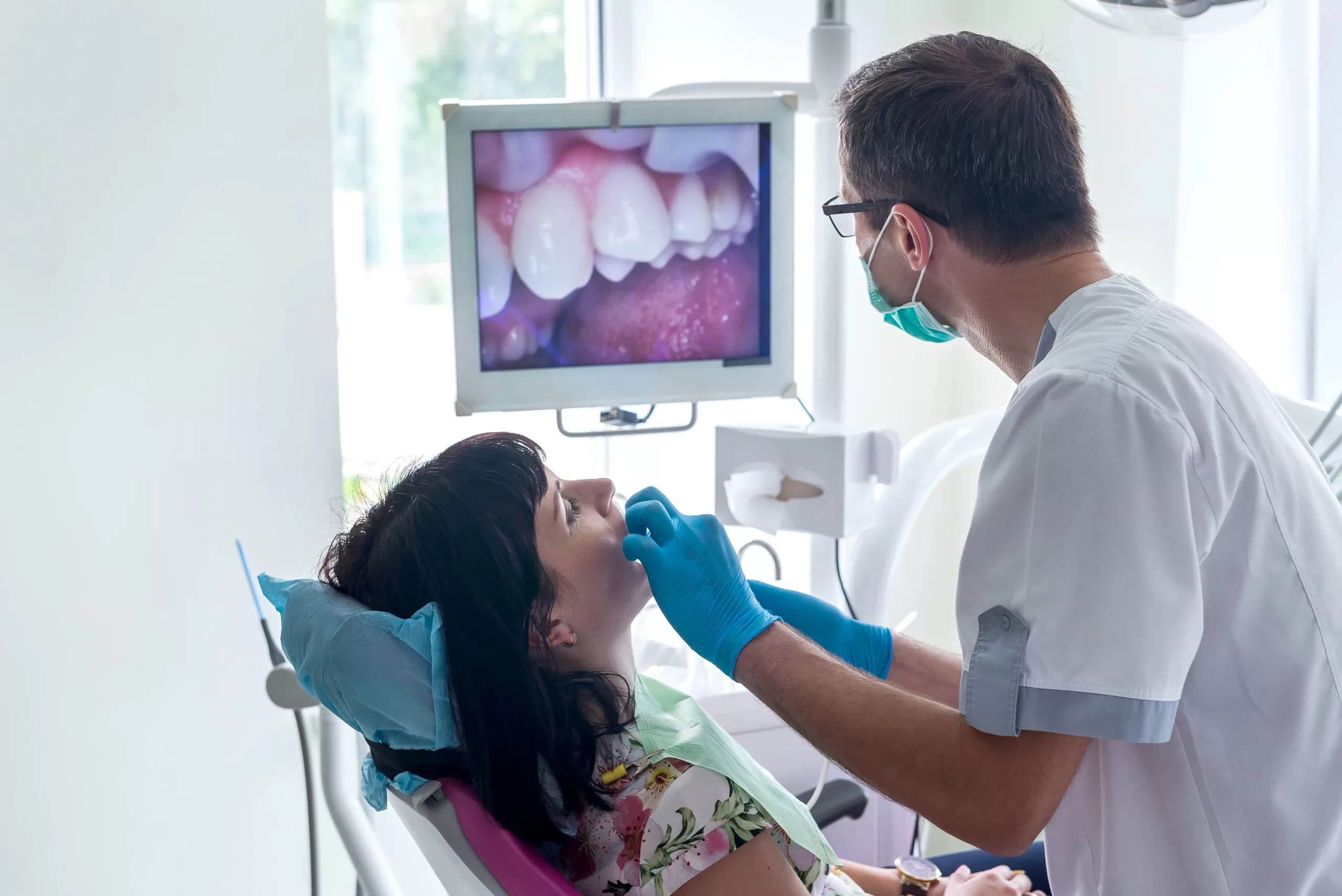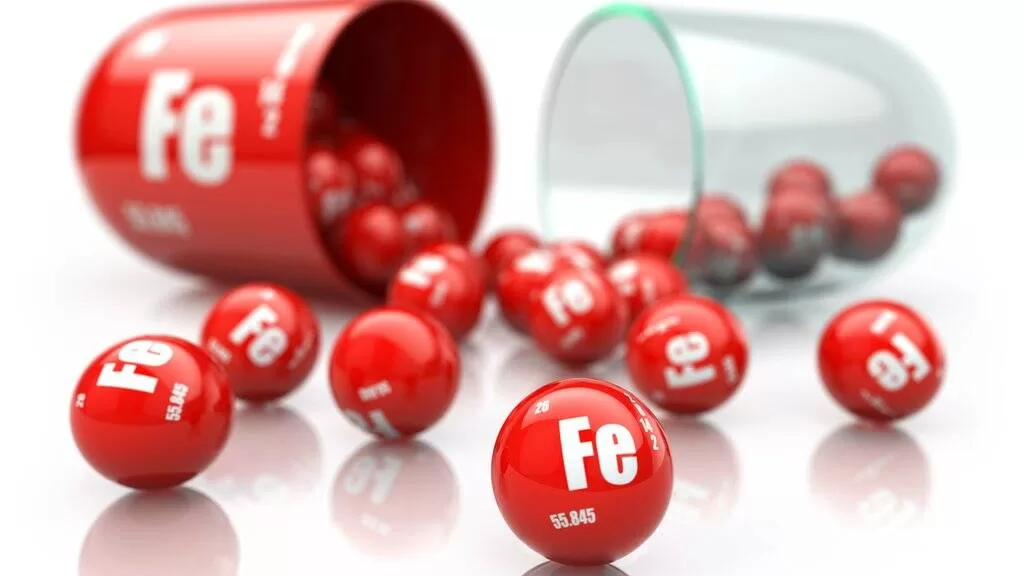Researchers from the Federal University of Rio de Janeiro (UFRJ) and the Federal University of the State of Rio de Janeiro (UniRio) discovered that the Spike protein from SARS-CoV-2, when injected into the brain of mice, induces memory changes. These changes occur late, around 20 to 30 days after infection, as with humans infected by the covid-19 virus.
“It imitates well what happens in the disease. When that happens, we are in front of a good experimental model”, he said this Monday (10) to Brazil Agency neuroscientist Claudia Figueiredo, from the Faculty of Pharmacy at UFRJ, one of the research leaders. The article was published in the international journal Cell Report.
Subscribe to O POVO+
Get access to all exclusive content, columnists, unlimited access and discounts in stores, pharmacies and much more.
Related news:
Clinical research with patients who have had covid-19 has shown that, after the acute phase of the disease passes, they have memory impairment that appears months later. According to Claudia Figueiredo, the experiment showed that it was not necessary to have the virus replicated in mice, but that the protein was enough to be available in the brain to cause memory damage.
“We made progress in characterizing the mechanism. And this is super important because, when we discover the mechanism, it opens doors to more targeted therapies”. To assess the mice’s memory function, the researchers used different behavioral strategies, including pattern recognition and water maze tests.
Block
At the same time, the 25 researchers from the two institutions identified molecules that, when they are inhibited, there is no memory damage. To block the molecules that caused memory loss, genetically modified animals that had a deletion, or removal, of a protein were used.
“We saw that animals that had a deletion in this pathway did not develop memory impairment. An inhibitor of this pathway was then used and it was seen that, when the pathway is inhibited, the Spike protein does not exert this pathogenesis on memory through this protein. This discovery may be a way to prevent this memory loss”, explained Claudia.
The neuroscientist reported that there are already drugs on the market, used to treat rheumatoid arthritis, which could be tested in patients with covid-19 or who have already had the disease, to see if it is possible to prevent this memory loss. “It could be a drug repositioning situation,” she pointed out. She warned, however, that for these drugs to be used in humans, clinical trials must be carried out on patients.
clinical trials
The idea, from now on, is that other groups of scientists who work with clinical research dedicate themselves to testing these tools, so that they are available to patients, since the drugs available on the market for other diseases have already gone through the testing phase. toxicity assessment.
“It should be tested in patients who have had covid and are more likely to develop memory impairment or in people who have risk factors for developing these memory losses”. According to Claudia Figueiredo, it is important that the tests are carried out soon after the patient has covid-19, as a way of preventing it. “You can’t wait for memory impairment to set in,” she pointed out.
The study was funded by the Carlos Chagas Filho Foundation for Research Support in Rio de Janeiro (Faperj) and the D’Or Institute for Research and Teaching.
Doubts, Reviews and Suggestions? Talk to us
Tags




